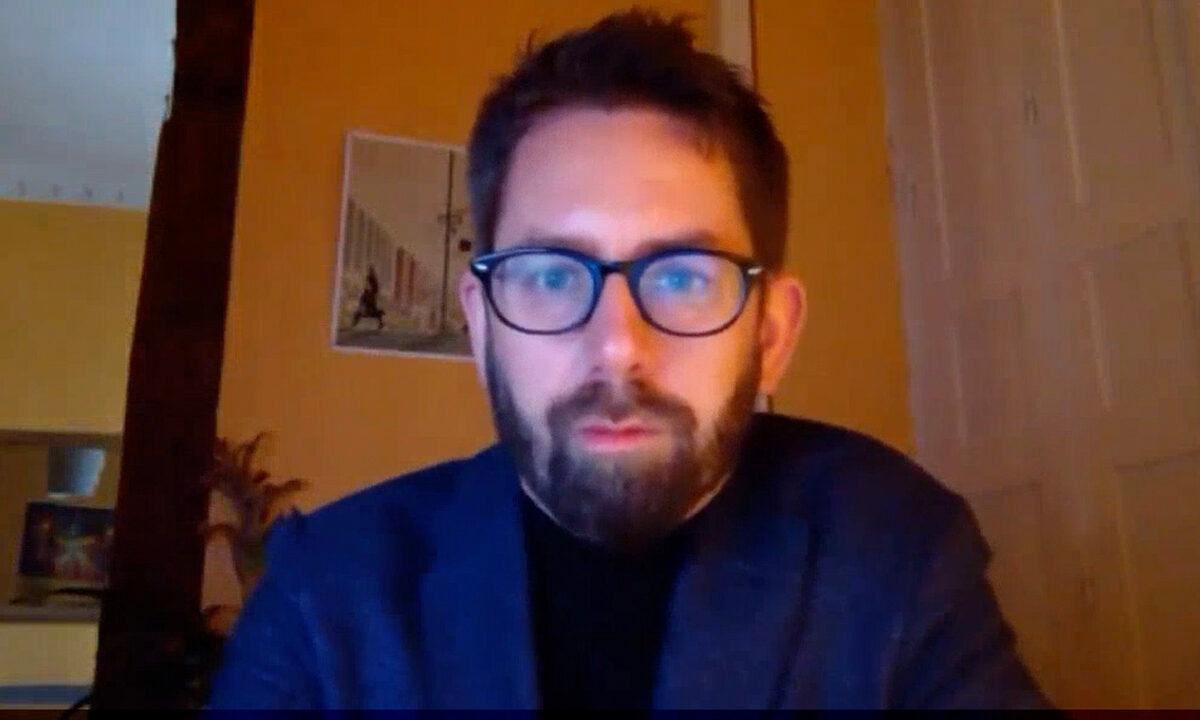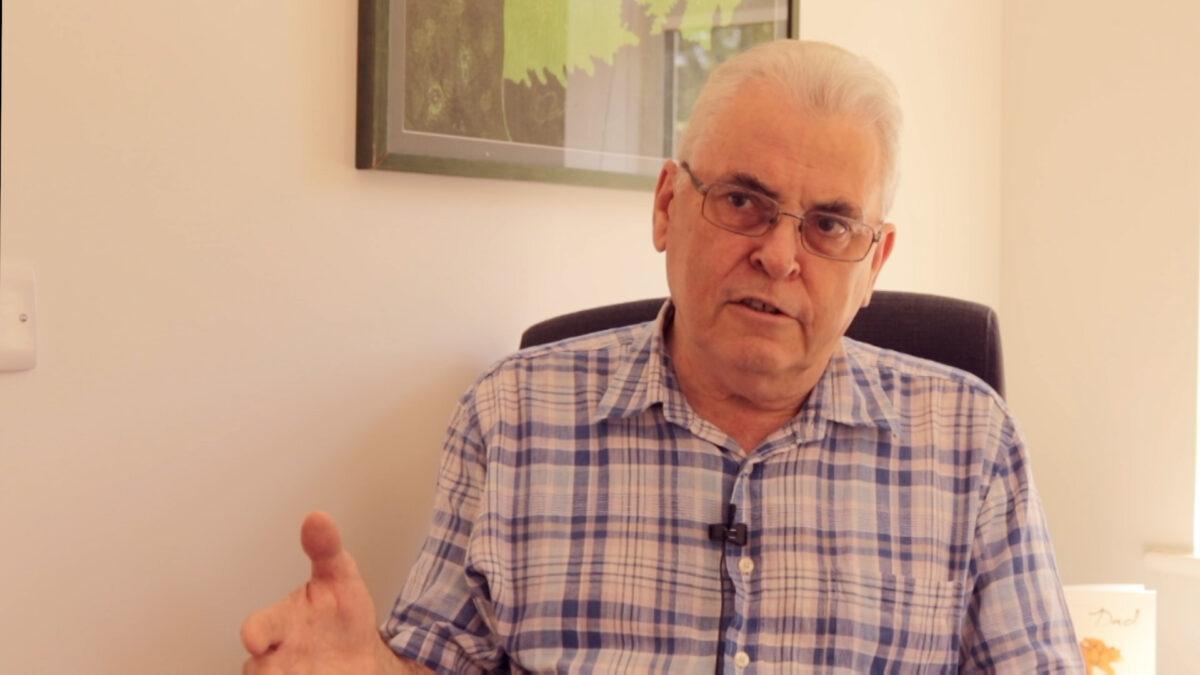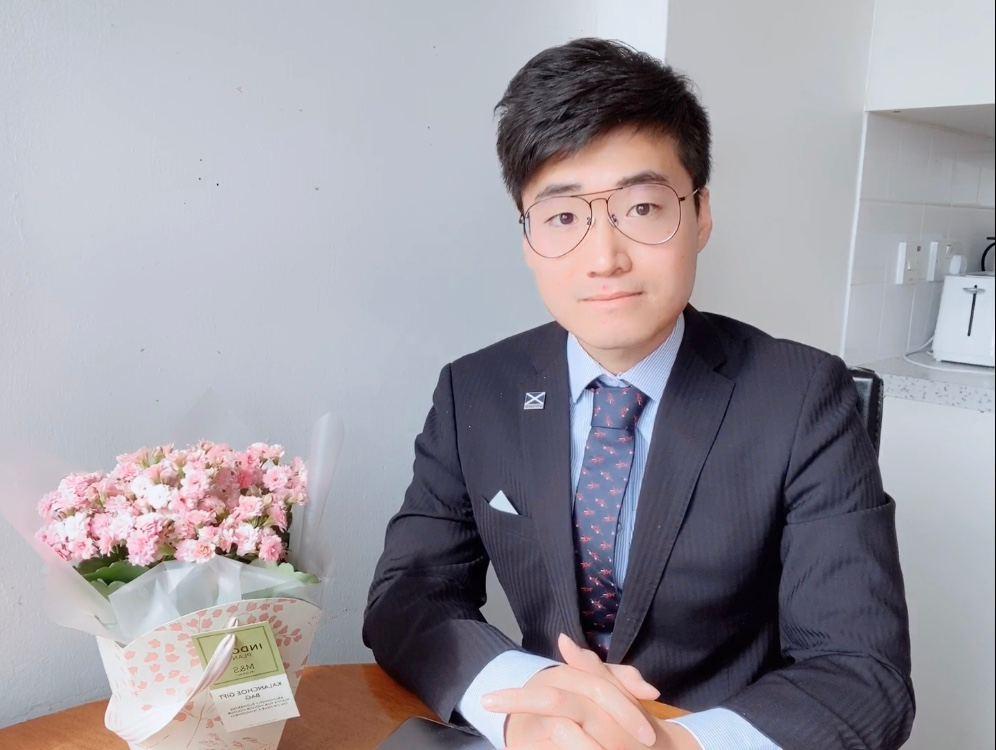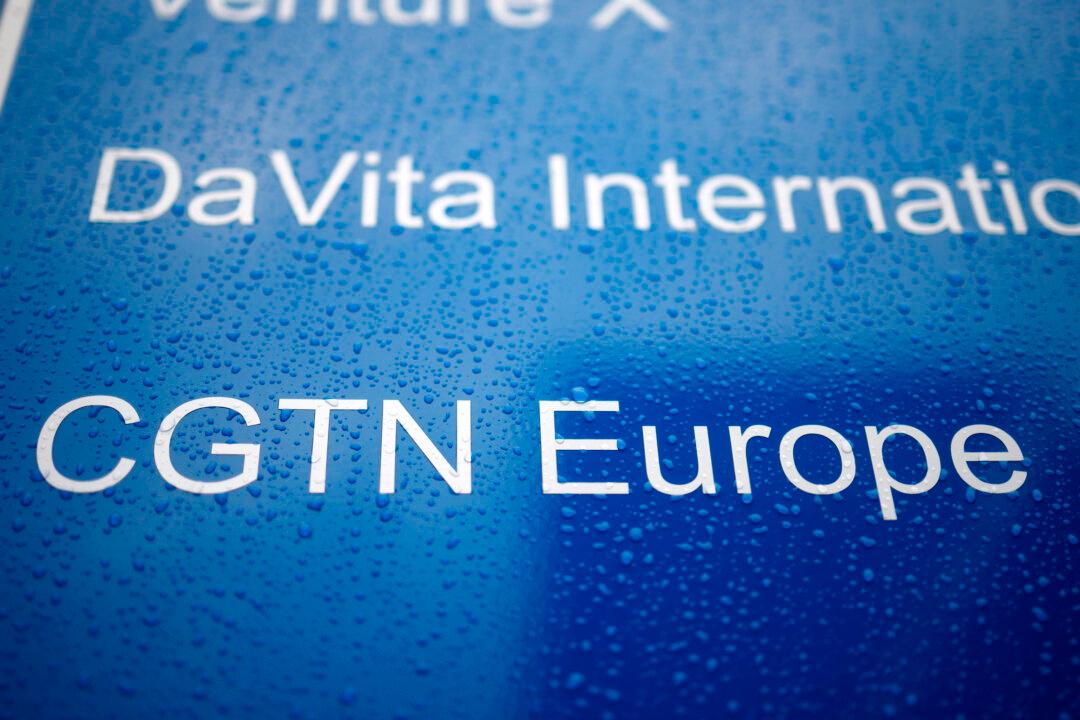The French broadcasting licence that China Global Television Network (CGTN) has obtained will bring more pressure to the Chinese state broadcaster, an NGO director says.
“To be included to be carried on satellites, that is an automatic process. So it’s not so much that the French TV regulator approved them, so much as it’s automatic,” Dahlin told The Epoch Times on Monday.
Dahlin said he thinks there’s “something very positive” with the development, as CSA—France’s audiovisual regulator—said they would pay “close attention” to CGTN’s content, a move Dahlin said was “incredibly unusual.”
CSA “also specified that France has very strict regulation on what you can and cannot broadcast, so they will be held accountable,” he said. “So I think it’s actually a positive development, because it puts more pressure on CGTN, but also CCTV [China Central Television], to be more careful in what they broadcast.”
Dahlin said it has always been his goal to get TV regulators to scrutinise the Chinese state-owned broadcaster to ensure it fell in line with the regulations.
“The more attention paid on them by TV regulators, such as in France, the better,” he said.

More ‘Exciting’ Development to Follow
Safeguard Defenders in 2018 and 2019 filed multiple complaints to the UK’s broadcasting regulator Ofcom on behalf of victims of forced confessions broadcast on CCTV and its English-language counterpart CGTN.It issued another £125,000 ($172,929) fine over CGTN’s partial coverage of pro-democracy protests in Hong Kong.
After investigation on Safeguard Defenders’ request, Ofcom on Feb. 4 revoked a licence it had granted to CGTN on the grounds that the station is ultimately controlled by a political body—the Chinese Communist Party (CCP).
Without going into the specifics, Dahlin said that there are “a number of steps forthcoming, a lot of them quite exciting.”
Asked if a political push is needed for countries to step up legislation around foreign state-owned broadcasters, Dahlin said that wouldn’t be necessary, but some existing regulations are too archaic to deal with new ways of broadcasting.
“It is true that all over the world, existing regulation dates, often, back to the 70s. And we’re living in a very different media landscape today,” Dahlin said.
“You can regulate what CGTN airs on TV, but the same material can then be made available on British social media platforms that cannot be regulated.”
Dahlin said there are a lot of ways to get around the current regulations, and “we’re getting to the point where we need a reckoning with a more comprehensive overview of how do we combat disinformation, direct lies, biases, and fake news.”
Beijing on Tuesday pushed back against the Ofcom fines and rulings.
Two Weaknesses in Ofcom’s Rulings
Peter Humphrey, a China specialist who was imprisoned in China for two years, was one of the victims of the airing of forced confessions. He said he was “very pleased” with the rulings on Cheng and Gui’s cases and the fines.
However, Humphrey said there are still two major weaknesses in the rulings.
“Unfortunately, Ofcom has a maximum fine of £250,000. But quite frankly, crimes of this sort, I think should attract much bigger fines. We should be talking millions here,” he told The Epoch Times on Monday.
“Britain has the strongest regulatory framework for TV broadcasting, probably the strongest in the world,” he said.
“However, ... I think that the penalties that are available here to punish offenders are far too weak, far too small.”
Humphrey said that a £100,000 fine is merely “a drop in the ocean” for CGTN, which is funded by the “very deep and very dirty [and] very bloody pockets of the Chinese Communist Party.”
“So this fine is meaningless for CGTN, and it only has symbolic value. That’s an example of how the penalties available to Ofcom are absolutely insufficient,” Humphrey said.
Another “major weakness” of Ofcom’s rulings, Humphrey said, is that they stopped short at citing human rights violations.
“These complaints against CGTN and CCTV are the worst complaints ever submitted because they involve extremely severe and brutal human rights crimes,” Humphrey said.
“But in none of these rulings that I’ve seen over the last year have I seen the mention of human rights violations in that language, in human rights language, that these complaints deserve. This is a major weakness in the way Ofcom conducts its business.”
When asked about his thoughts on CGTN regaining a foothold in Europe by getting a licence in France, Humphrey said that although this technically means that CGTN can broadcast again in the UK, it may be difficult in practice.
The “handful of companies” that CGTN could approach “are going to be in an awkward position because they are subject to Ofcom rules and to the British Broadcasting code,” Humphrey said.
“So I’ve got a feeling that CGTN won’t find it easy to get a carrier to carry its signal in the UK.”

After Monday’s rulings, Cheng, a pro-democracy activist from Hong Kong said it has been “a significant moment” for him after over a year of waiting, and a “very encouraging signal” for others.
Cheng told The Epoch Times on Monday that the rulings may encourage those whose human rights have been abused to “stand up.”
“When we’re brave enough to speak out, I do hope that justice will be finally served,” he said.





